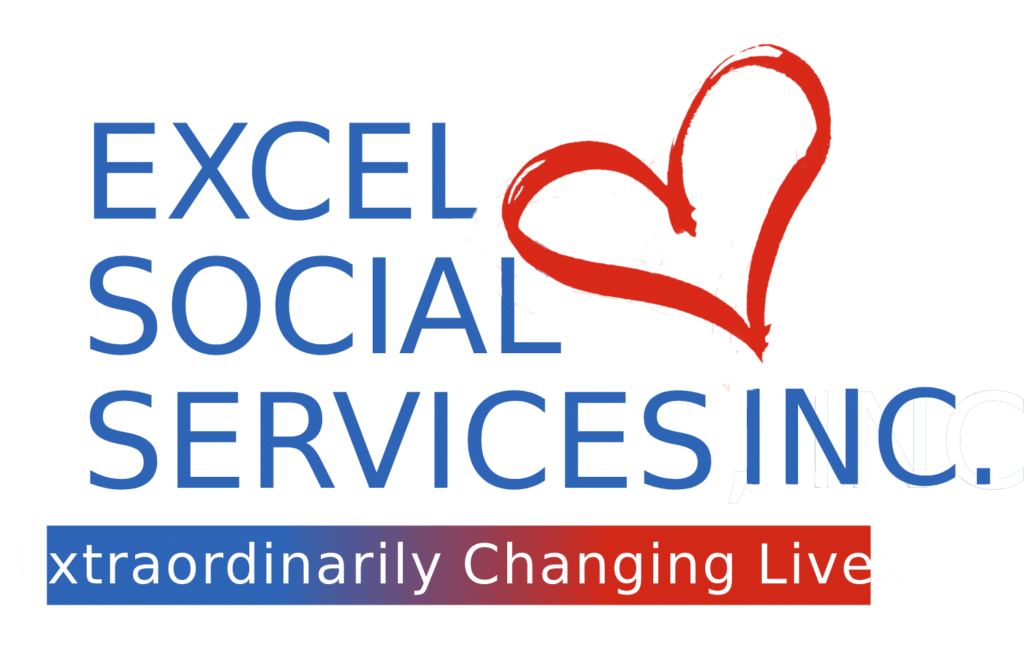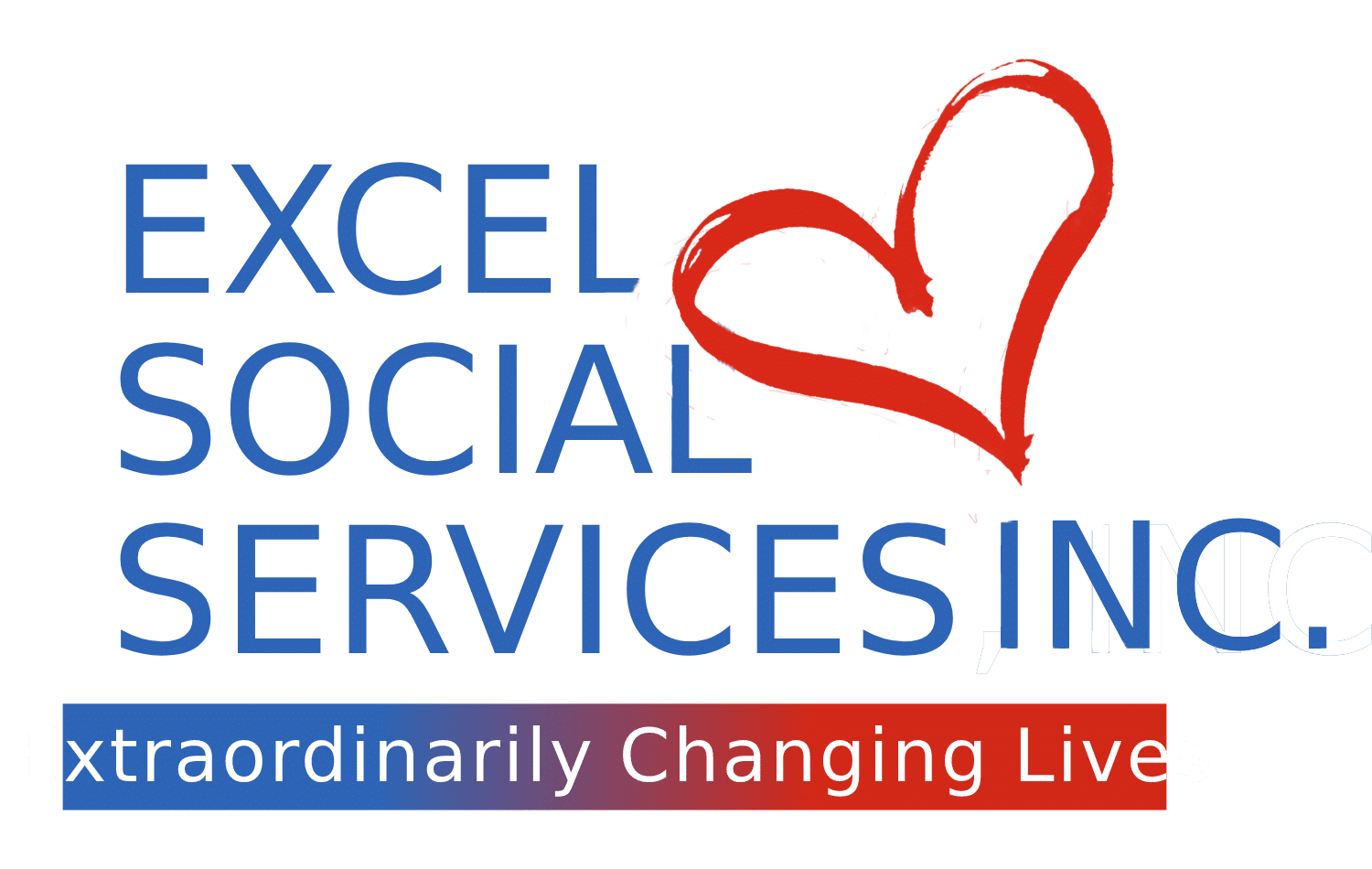Psycho-Educational Groups
Psychoeducational groups are informative sessions that bring family and patient together. To learn about substance abuse or mental health disorders and their consequences. These are structured group sessions in which the focus is on learning and group activities.
Psychoeducational groups focus on providing education through information-sharing and the development of healthy coping mechanisms. Rather than allowing the group to guide the direction of therapy sessions, a qualified therapist leads discussions and guides clients by setting goals. Unlike other forms of group therapy, members of a psychoeducational group often share the same (or a similar) diagnosis.
This allows the group to focus on a specific set of needs and unique topics. Because addressing mental health needs is a vital component of the recovery process, providing space for people to explore complex, personal topics is required in providing effective care. When in mixed groups, it can be difficult to discuss sensitive topics and address questions that may be too intimidating to address one-on-one. In a focused group, like psychoeducational groups, clients benefit from interacting with others who share similar experiences. Other people may ask difficult questions, share experiences, and listen to one another in order to learn more about their own needs.
Psychoeducational groups often focus on mental health conditions and help clients learn about potential triggers, how to develop healthy coping mechanisms, and how to avoid pitfalls in the future. Mental health plays a significant role in the development and continuation of addiction making education and treatment related to it a foundational component of recovery.
Because this type of group session provides such in-depth information, it is considered an essential component of most therapy programs. When a person and their family have this deep level of understanding of what’s happening, they are better able to cope with the difficulties that
arise during the treatment process.
The patient is also able to feel more in control over their condition and their family’s role in recovery. In some cases, this can improve mental capacity, giving them a better opportunity to manage the process.
Who Can Benefit From Psychoeducational Groups
Clients from diverse ethnic, race, cultural, social economic, educational, gender, age, religious and sexual orientations can all be helped with psychoeducational groups. Psychoeducational groups embrace diversity of its clients while focusing on the specific issue or mental health concern for a particular psychoeducational group. Psychoeducational groups make the topic the identified common equivalent. This helps to put everyone on the same playing field in regards to the participants being able to trust that everyone in the group has a basic understanding.

